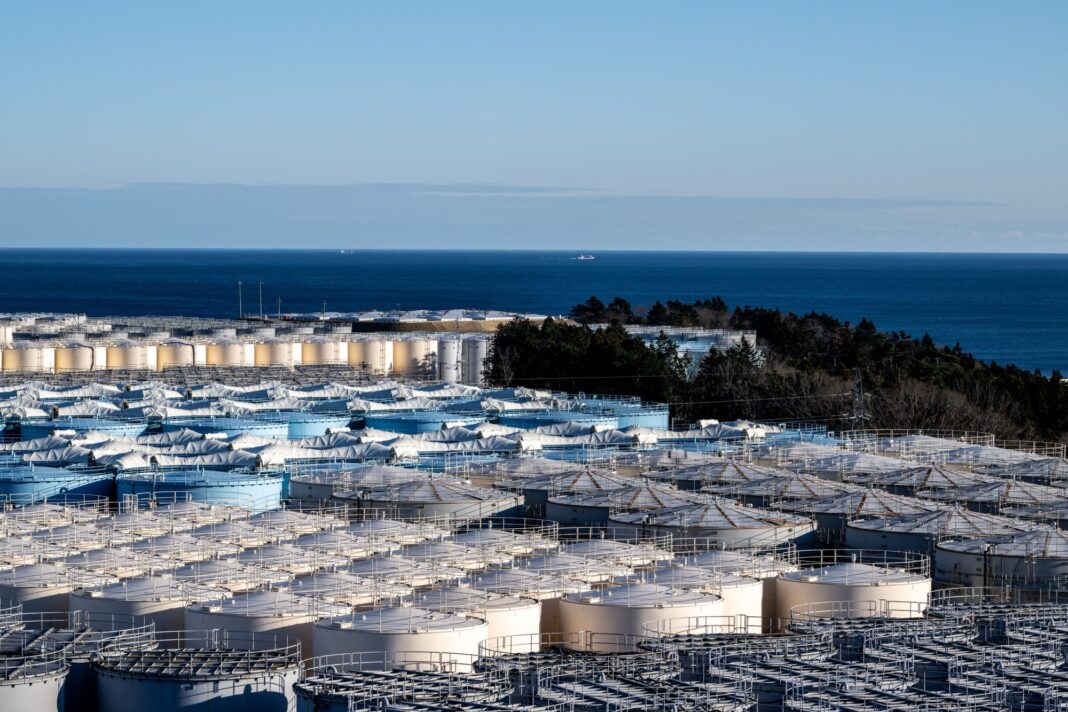Japan has disclosed plans to knowingly release radioactively tainted water from the Fukushima Daiichi nuclear power facility into the sea, sparking outrage both locally and globally. Alarms are being raised by both environmentalists and specialists who warn that this conduct may be against international law. It also poses threats to the environment.
Hisataka Yamazaki, the leader of No Nukes Plaza, and a group of environmentalists in Japan passionately disagree with the choice. Yamazaki claims that it is unprecedented and goes against accepted international conventions. He emphasizes the concerns raised by various academics. They claim that even treated nuclear water should never be let into the sea. Taking such a step could have a significant impact on human health and safety. It will also endanger marine ecosystems.
The International Convention on the Law of the Sea, a treaty that regulates how the world’s oceans are used, is crucial to understanding this topic. The projected discharge of radioactive water, according to critics, violates the guidelines set in this treaty. The agreement urges responsible and sustainable use of ocean resources while emphasizing the need for governments to prevent the degradation of the maritime environment. These ideals are put to the test by the forced release of nuclear-contaminated water, which also raises questions about the potential effects on marine life, coastal economy, and international relations.
Japan’s decision to proceed with the release would probably have significant repercussions as the world community closely monitors it. Environmentalists’ and legal experts’ concerns put light on the intricate interplay between the need to protect the planet’s oceans. The fate of the radioactively polluted water from Fukushima Daiichi is likely to continue generating discussions. It will transcend national boundaries, highlighting the necessity of careful deliberation and cooperation in tackling this crucial global issue.

